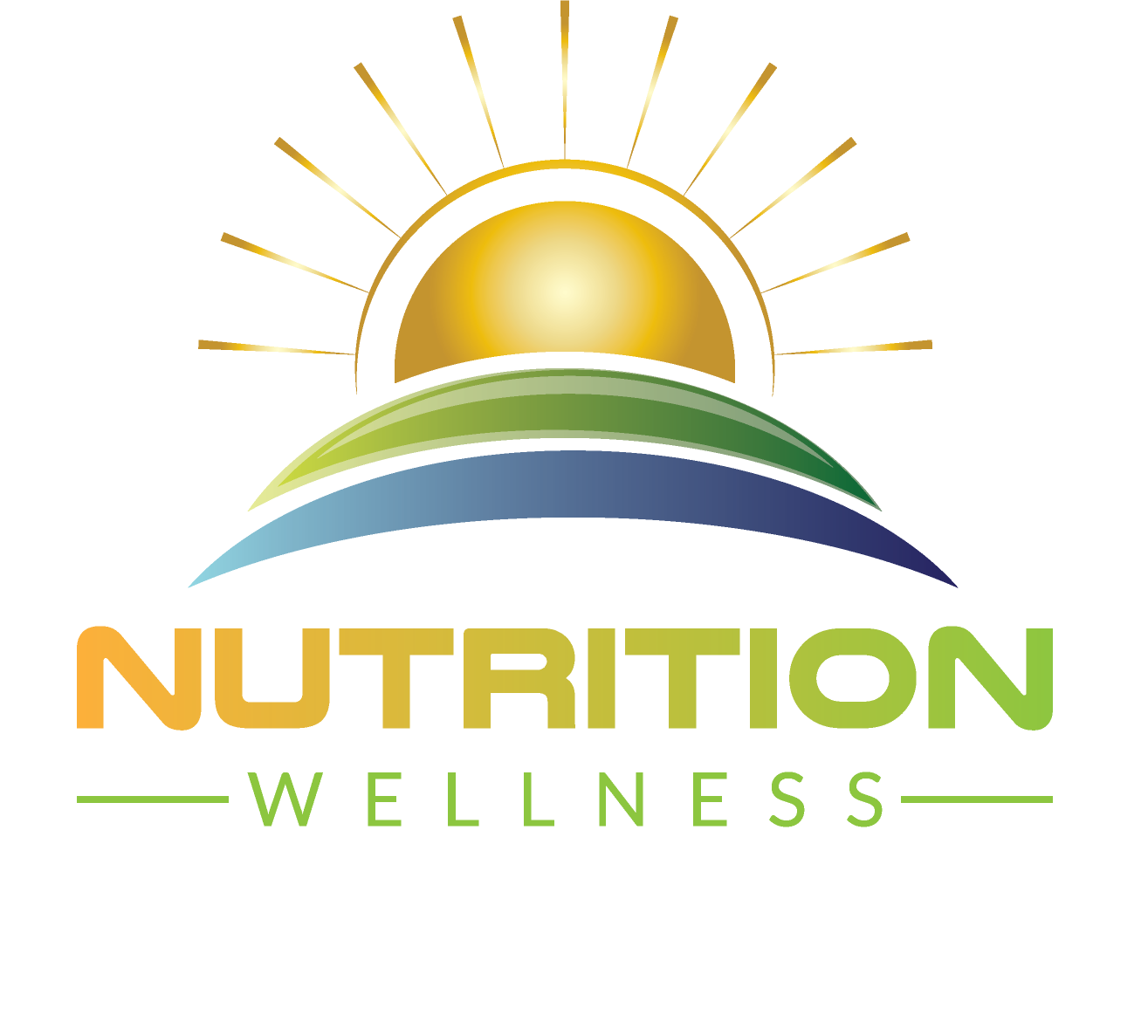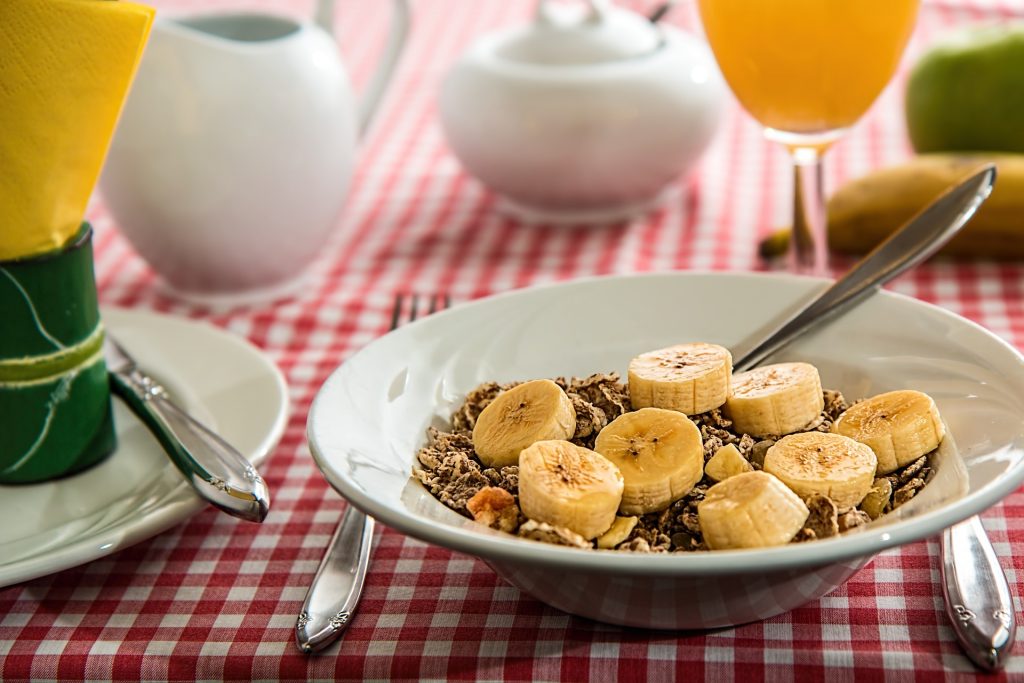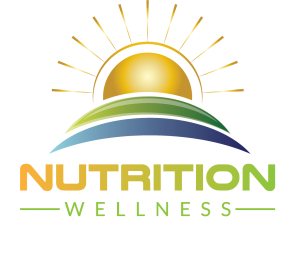Does Eating Fiber Help With Weight loss and Is It Important?
Does Eating Fiber Help with Weight loss and Is It Important in The Diet?
Fiber, fiber, fiber- you probably have heard that you need to eat more of this and immediately think of- bran cereal, fruits, and vegetables! Yes, eating fiber is an important part of any weight loss plan and healthy lifestyle. However, what type of fiber and how much should we be eating daily are important questions to look at. From what we know, fiber is classified as either soluble or insoluble- depending on whether it dissolves in water.
Rich sources of fiber include beans, legumes, flax seeds, asparagus, brussel sprouts, and oats. Viscous soluble fiber is only found in plant foods, whole plant foods such as beans, asparagus, brussel sprouts, and oats are rich in viscous fiber. What research has found is that eating more foods rich in fiber, especially viscous fiber, can be an effective strategy to lose weight.
The important thing to remember is that in order for an effective weight loss plan to be followed= fiber needs to increase in the diet gradually. Luckily, soluble fiber helps reduce your risk of heart disease by lowering “bad” LDL cholesterol and help you balance your blood sugar levels. All fruits, vegetables, whole grains, and legumes contain soluble fiber, but certain foods like Brussel sprouts, avocadoes, flaxseeds and black beans are considered the best.
Yes, research has shown that consuming adequate amounts of soluble, fermentable fiber is very important for optimal health because it optimizes the function of friendly bacteria in the gut. Fiber can soak up water in the intestine, slowing the absorption of nutrients and increasing feelings of fullness. What has been found is that high fiber foods end to have a lower glycemic index than refined carbohydrate sources, which been stripped of most of their fiber.
Also, on your weight loss plan, if you have blood sugar issues, you should consider reducing your carbohydrate intake, especially low-fiber, refined carbohydrates, such as white flour and added sugar. Reducing refined carbohydrates will help tremendously with your weight loss goals! Also, foods that contain viscous fiber have a lower glycemic index and cause smaller spikes in blood sugar than foods that are low in fiber.
How to Increase Your Fiber Intake:
The best way to increase your fiber is to eat high-fiber foods. Many know that most vegetables, fruits, and plant-based foods have fiber. If your body is slowly adjusting to more fiber, spread out your portions between meals instead of eating a lot in a single meal.
Some other high fiber foods to consider are:
Chia seeds
Almonds
Boiled Brussel Sprouts
Brown rice
Apple
Oat bran muffin
Cooked barley
Cooked whole wheat spaghetti
Green peas
Raspberries
Try to incorporate beans and lentils into your diet daily and encourage snacks such as vegetables instead of pretzels and chips. Other ideas may be to sprinkle chia seeds on cereal, smoothies, or salads. Continue to drink 8 glasses of water throughout the day and practice mindful eating. Remember, to gradually increase your fiber intake, rather than doing it too quickly, to allow for a smooth transition. The goal is to get around 29 grams of fiber in a day and men should get around 35.
If this recommended intake proves too difficult, fiber supplements may be a good alternative to help meet one’s dietary needs. However, eating whole foods is the best way to meet the fiber requirements and be successful on your weight loss journey. Practice mindful eating and increase your fiber intake slowly!
Contact Nutrition Wellness today at 901-321-5033 to book your consult or email nutritionwellness@mariakrd.com and get started on becoming the best version of yourself!


 Previous Post
Previous Post
